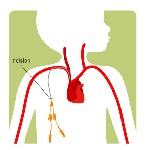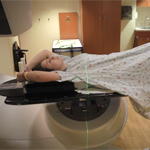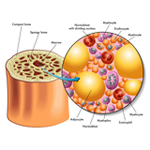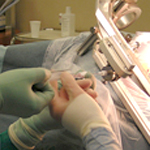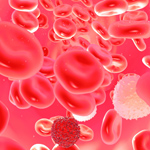Following a diagnosis of cancer, your healthcare team will create a treatment plan for your child. This treatment plan will outline what types of treatments will be used, how often they will be administered, and the expected length of treatment. The healthcare team will customize the treatment plan to your child's overall health, age, cancer type, and stage of cancer.
Each type of children's cancer is treated differently, depending on what researchers have found to be the most effective in destroying the particular type of cancer cell. The most common types of cancer treatment are as follows:
Once a treatment plan is created, your healthcare team will arrange a meeting with you (often called an Informed Consent Conference) to explain the treatment plan to you in detail, spelling out the potential benefits, risks, and side effects. If your child is older, you may want him or her to be present for the meeting. You should feel free to talk with your child's healthcare team to help decide the best way to involve your child in making decisions about his or her care.
The informed consent conference is for you and your family. A great deal of information will be given to you; much of it can be very complicated. This is your time to ask any and all questions related to your child's diagnosis, treatment plan, and future. You may want to invite another family member or friend to attend the conference and take notes to help you remember what was said.
Your doctor may talk to you about having your child participate in a research study or clinical trial. Participation in a clinical trial is completely voluntary. No member of your child's healthcare team will be upset with you if you decide not to participate. Your child will get the same quality of care whether or not he or she participates in the trial.
In order to begin treatment, your doctor will ask for your written consent. Your child may also have to give written consent depending on his or her age and the policies of your hospital and state. When a child gives consent, it is called assent. You should take time to read any materials that are given to you, to discuss them as a family, and make decisions that are right for you. Any decision made will be a good decision.
Your child may receive one form of treatment or a combination of treatments (called combination therapy). Once you and the healthcare team have agreed upon a treatment plan, the healthcare team will carefully monitor your child's health during treatment. You are a vital part of your child's healthcare team, so ask questions and talk with the doctor if there is something you do not understand or if you feel something is not going as you had expected.

